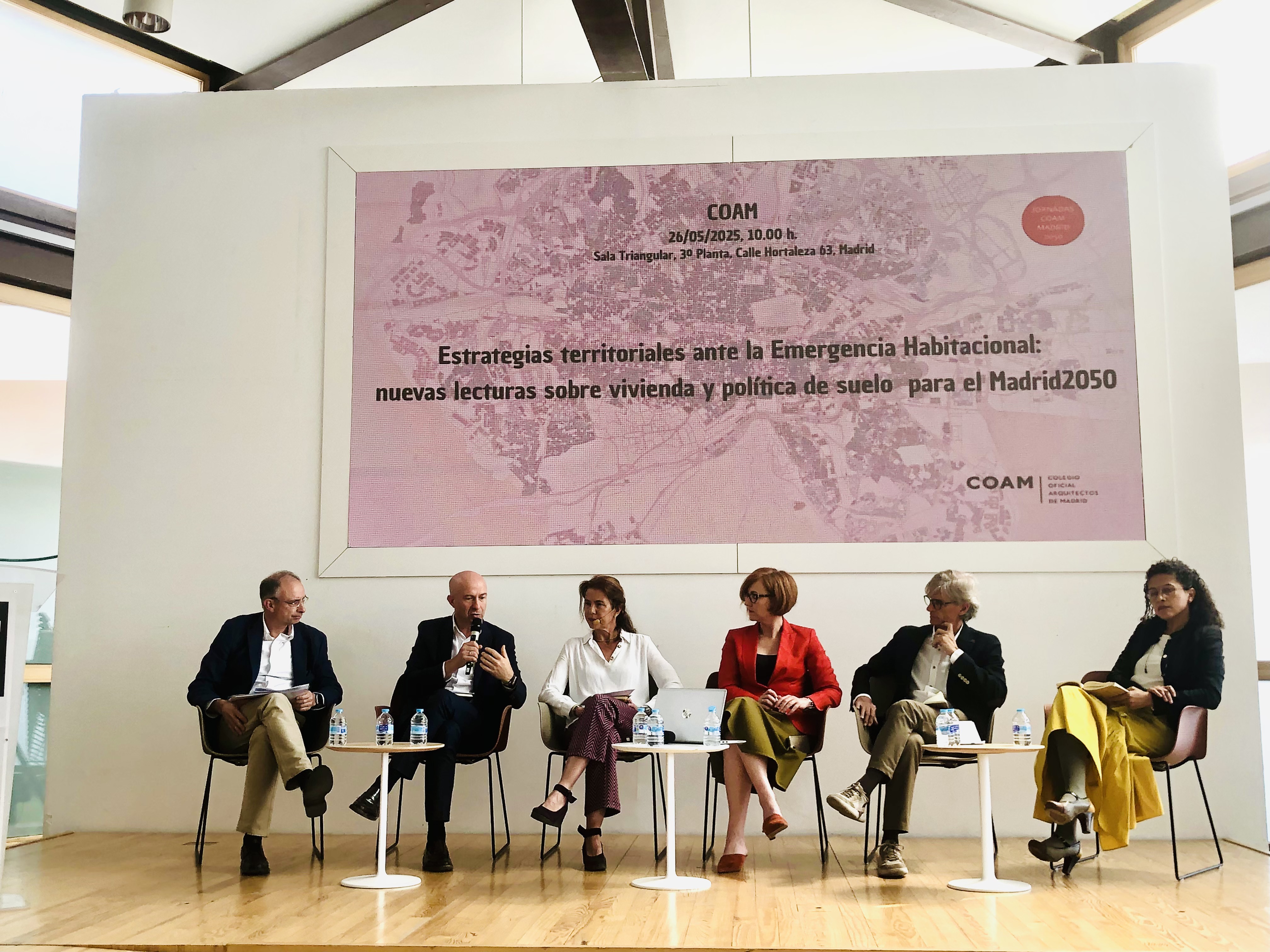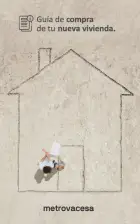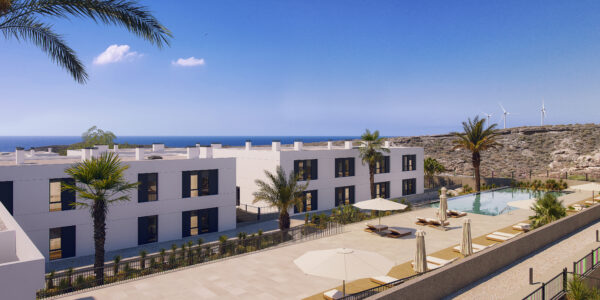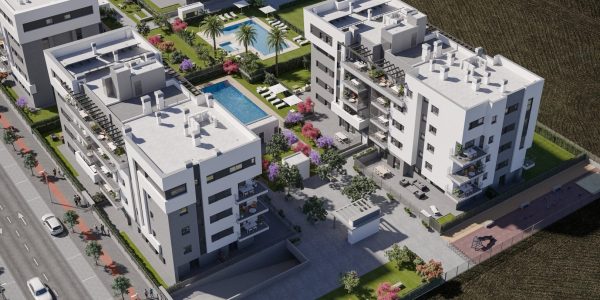Metrovacesa participates in the working group on habitability and housing of Madrid 2050, the great public-private alliance to design the urban future of the region

- It will promote the development of specific, useful and viable actions through this initiative, promoted by COAM, ASPRIMA and Forética.
- Miguel Díaz Batanero, Metrovacesa’s Director of Land, participated today in the conference on housing emergency held at the Official College of Architects of Madrid.
Madrid, 26 May 2025. Metrovacesa, the leading real estate developer in Spain with more than 100 years of history and 115 projects under development nationwide, will drive Working Group 1 on Habitability and Housing within Madrid 2050, the public-private collaboration platform that brings together nearly 80 agents – public administrations, companies, urban development, professional associations, universities and civil society – with the aim of collectively redesigning the urban model of the Community of Madrid in the face of the challenges of demographic growth, sustainability and quality of life.
Metrovacesa will contribute its experience in land management and sustainable urban development to the working group, to identify solutions to the structural housing deficit, and to promote more accessible and affordable urban planning adapted to the new social and environmental challenges.
Among the first initiatives, the conference ‘Territorial strategies in the face of the housing emergency: new readings on housing and land policy for Madrid 2050’ was held today at the headquarters of the Official College of Architects of Madrid (COAM). Miguel Díaz Batanero, Metrovacesa’s Director of Land, participated in the inaugural round table discussion, together with representatives of the Madrid City Council, the Community of Madrid and experts from the legal and urban planning fields.
‘At Metrovacesa we understand urban planning as a transformative tool with a real impact on people’s lives. Participating in this working group is an opportunity to contribute, through dialogue and public-private cooperation, to defining a more efficient, inclusive and sustainable city model. We believe in urban development that not only responds to current housing needs, but also anticipates future challenges with a long-term vision’, said Díaz Batanero.
A long-term strategy for a more liveable and sustainable Madrid
Promoted by COAM, the Association of Real Estate Developers of Madrid (ASPRIMA) and the organisation Forética, with the backing of the three administrations – Ministry of Housing and Urban Agenda, Community of Madrid and Madrid City Council – Madrid 2050 was created as an urban think tank with the will to be permanent. Its purpose is to generate concrete, useful and viable proposals to build a resilient, efficient city, ready to accommodate in an orderly manner the expected growth of more than one million inhabitants in the next 15 years.
The initiative is structured around four main working groups: Habitability and Housing; Mobility and Infrastructures; Public and Endowment Space; and Regeneration and Rehabilitation. Each addresses the major challenges of urban transformation from a technical, cross-cutting and participatory approach.
The main objective of the Habitability and Housing group will be to develop strategies to improve access to housing, with special attention to young people and vulnerable groups. The lines of work include improving the efficiency of the housing stock, the study of international best practices, the definition of impact metrics and the exploration of new models of public-private collaboration.
Deficit of more than 290,000 dwellings in Madrid
At the opening of the conference held today at the COAM, the urban architect José María Ezquiaga presented a general overview of the housing situation in Madrid, from the point of view of demographics and planning capacity.
Ezquiaga highlighted ‘the gap that exists in the adaptation and updating of municipal planning and the residential emergency and the need to migrate to new instruments that allow us to tackle the problem in a faster and more agile way’. Among the data provided by the prominent town planner, he highlighted that ‘in the Community of Madrid by 2039 there is an estimated deficit of 296,100 dwellings, even doubling the current rate of production and remaining constant from 2029 onwards’.

Related articles
Discover your new home with MiA
We have launched our virtual agent to help you find the property you are looking for.
Ask MiA and get personalized recommendations to find your dream home. Try it now!



